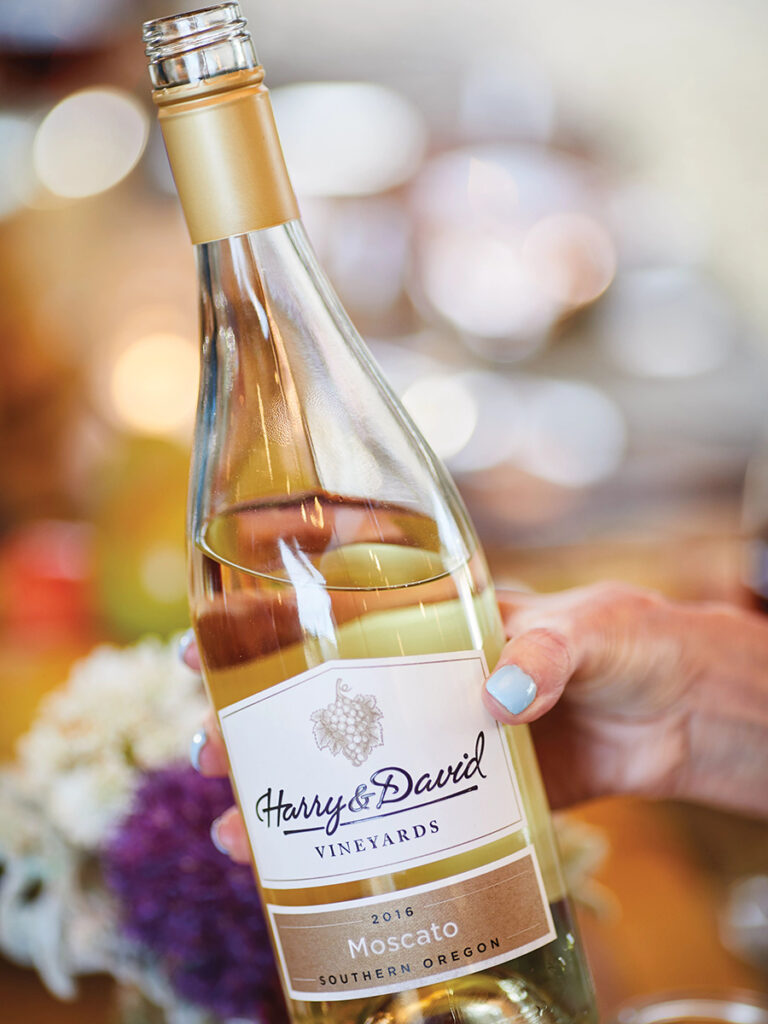Moscato may sound like a mispronounced Russian city, but it's actually wine made from the heritage grape varietal muscat that has been grown across the world for centuries. The grape tends to thrive in warmer climates, such as Spain, Australia, South Africa, and California, but it's actually Italy that produces the most moscato in the world.
Moscato tasting notes

Most wines made from the muscat grape lean to the sweet side of the flavor spectrum, but they can be quite different depending on where they are grown and the winemaking style used.
Typically, moscato is a light-bodied wine; it's meant to be consumed young and fresh so the sweetness of the juice from the grapes do not overpower. Unlike other off-dry wines, the sweetness does not come from added sugar or artificial flavoring but rather the unique composition of the grape itself, which contains high levels of both sugar and acidity.
Moscato is mostly made as a still wine, but in Italy you'll find a variety called "vino spumante," which is a sparkling moscato wine. This style is especially popular during summer months, when people want something light, sweet, and cold to pair with small bites of food before going out or sitting down to a full dinner.
The Oregon version of moscato is still and slightly sweet, with flavors of apricot, orange blossoms, and ripe melon.
Moscato food pairings
The Harry & David Moscato pairs well with a wide variety of appetizers and desserts. Start with a selection of nuts, dried fruit and/or snack mixes; the salty crunch of the nuts provides a nice contrast to the light texture of the wine, and the dried fruits (especially apricots, pineapple, and papaya) add complexity to the wine's flavor profile.
Moscato also pairs well with sharp, creamy, or stinky cheeses, as well as cured meats and salamis. The Ultimate Charcuterie and Cheese Collection features several perfect pairings for moscato, including Rouge Creamery's Oregonzola blue cheese, Iberico ham, and Serrano paleta. The slight sweetness and crisp acidity of the wine tames the aggressive funkiness of the blue cheese while creating a playful back and forth of sweet and salty with the Serrano and Iberico hams.
After you finish the appetizers, throw the bottle in an ice bucket, open whatever wine you have chosen for your main course, and then go back to the moscato for dessert.
While moscato is very good paired with a classic or raspberry and white chocolate cheesecake, it's also perfect with pies, from apple or apple crumb, to peach and berry or cherry crumb. The wine helps amplify the different fruit flavors while bringing hints of sweetness to the flakey, buttery crust. And, assuming you've heated up your pie and chilled the wine, it also provides a nice contrast of hot and cold, adding yet another level of complexity to this already wonderful pairing.
Guide to Wine
Learn about different wine varietals with our easy to follow guides.
.svg?q=70&width=384&auto=webp)













